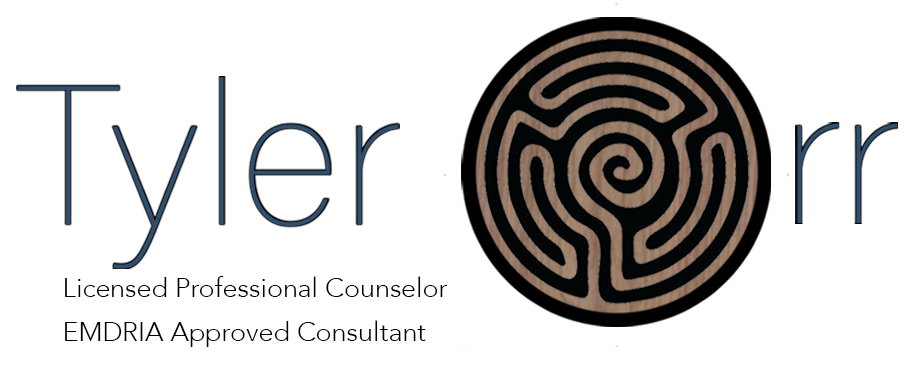About Tyler Orr, LPC/MHSP, LCMHC, NCC
Tyler Orr is a Licensed Professional Counselor (LPC/MHSP), Licensed Clinical Mental Health Counselor (LCMHC), National Certified Counselor (NCC), EMDRIA-approved consultant, and creator of Constructed Awareness. He offers an interactive, here-and-now approach to counseling, consulting, and teaching. Tyler is a trauma-informed therapist, working with individual adults who experience anxiety, life transitions, boundary issues, complex trauma, religious/spiritual trauma, and deconstruction. Tyler is also affirming, inclusive, and celebratory of LGBTQIA+ and neurodivergent clients.
Currently accepting new clients for telehealth. Click the New Client link above for more information and to begin the scheduling process.
Please note: Tyler is licensed in Tennessee, North Carolina, and Georgia and is a Registered Telehealth Professional Provider in Florida and South Carolina. You must be a current resident of one of these states to work with him.

